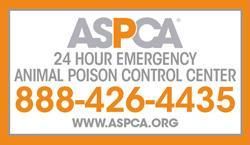[av_image_hotspot src=’https://ccvc.wpengine.com/wp-content/uploads/2017/06/1498845239.png’ attachment=’194′ attachment_size=’full’ animation=’no-animation’ hotspot_layout=’blank’ hotspot_tooltip_display=”]
[av_two_third first min_height=” vertical_alignment=” space=” custom_margin=” margin=’0px’ padding=’0px’ border=” border_color=” radius=’0px’ background_color=” src=” background_position=’top left’ background_repeat=’no-repeat’ animation=” mobile_display=”]
[av_textblock size=” font_color=” color=” admin_preview_bg=”]
Copper Country Veterinary Clinic–Dr. Rebecca Vollrath, DVM, CVA
KEEP UP-TO-DATE ON CHANGES IN DEWORMING RECOMMENDATIONS
For many years, horse owners treated their horses for intestinal parasites with either daily dewormers or rotating dewormers every other month. The goal was the complete removal of any intestinal parasites from the horse’s gastrointestinal tract (especially large strongyles, or nematodes related to the hookworm, that caused severe disease in horses). This seemed like the perfect solution; however, deworming horses in this manner is not a benign treatment. Just as we have learned that antibiotic use has promoted bacterial resistance, parasites are becoming resistant to dewormers. This has important implications for our horse companions, as the available dewormers become less and less effective.
[/av_textblock]
[av_button label=’Click here to read more’ link=’manually,http://ccvc.cc/wp-content/uploads/2017/06/parasite_control_fall2016.pdf’ link_target=’_blank’ size=’small’ position=’center’ icon_select=’yes’ icon=’ue84b’ font=’entypo-fontello’ color=’theme-color’ custom_bg=’#444444′ custom_font=’#ffffff’ admin_preview_bg=”]
[/av_two_third][av_one_third min_height=” vertical_alignment=” space=” custom_margin=” margin=’0px’ padding=’0px’ border=” border_color=” radius=’0px’ background_color=” src=” background_position=’top left’ background_repeat=’no-repeat’ animation=” mobile_display=”]
[av_sidebar widget_area=’Displayed Everywhere’]
[/av_one_third]



